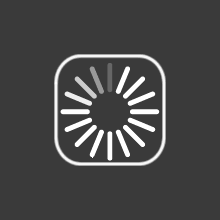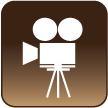Transcript
What we are looking at here is our language continuum for our program for the year. My teaching partner and I get together at the beginning of the year and to plot out essentially, the big ideas in language that we want to focus on in the year. It's really important for us that each of the ideas connect to one another and the students don't see the units as isolated units but see a flow and feel a flow and are engaged in skill sets that connect to one another from September through June.
Conceptual Framework for the Year
Initially in the beginning of the year we investigate the four forms of writing and create anchor charts that are made by students, and that really sets the tone for the rest of the year as to what our forms of writing are and what the expectations of those forms are and how they'll play out as we investigate: fiction, non-fiction, reading and writing.
Secondly, we look at comprehension strategies. So after we've gone through the forms of writing, we want to look with our students and investigate how do we comprehend the writing that we as readers are reading. We hone in on four specific comprehension strategies that really are chosen by the students. So the students are presented with a series of strategies and then ultimately they decide which ones are the most valuable to them. In this case, this year the students chose: text features, inferring, asking questions, activate and connect.
From there we start to look at utilizing our strategies not only as readers but as writers and we focus on summary writing. Our next big idea after we focus on summary writing is about understanding the readers' and the writers' point of view. So as readers and writers from whose point of view are we reading? From whose voice are we writing? And what does that mean for us as readers and writers?
After we understand point of view, we look at persuasive writing. So once I'm able to identify a point of view, am I able to take a stance and support that stance with evidence from either the text, the video or from my background knowledge, or experiences that I've had?
Lastly, we take an in-depth look at inferring. We do this because inferring is such an important strategy for comprehension and we use those inferring skills to enhance all the big ideas that we've learned throughout the year and build not only our reading skill sets but our writing skill sets as well. So overall this is really the conceptual framework that our students are working within for the literacy plan throughout the year.
Related References
Study Guide: http://www.heinemann.com/shared/studyguides/e02880/studyguide.pdf
Sample Chapter of the Literacy Continuum: http://heinemann.com/shared/onlineresources/E02880/FullPreK_8_2e_FPcontinuumwebsamples.pdf













